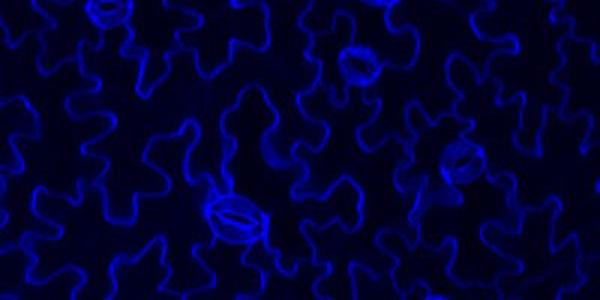Description: Two NIH-funded postdoctoral research positions are available immediately to study new mechanisms that regulate the microtubule severing activity of katanin and to develop a microfluidics platform to study how biochemical and biophysical mechanisms together influence microtubule array organization.
The Dixit lab takes advantage of the experimentally tractable plant cortical microtubule system and uses a multidisciplinary approach to address critical questions about the inner workings of cytoskeletal structures that impact both plant and animal kingdoms. The first project focuses on how katanin activity is regulated to enable it to act as a key player in diverse cellular activities. We have obtained evidence for multiple new regulatory mechanisms that either decrease or increase katanin’s microtubule severing activity. The successful candidate will use a combination of live imaging, genetics and TIRF microscopy to dissect how these mechanisms tune katanin’s activity to achieve different cellular, developmental and physiological functions. The second project seeks a candidate interested in using microfluidics and multi-color TIRF microscopy to study how multiple microtubule regulatory factors, cell geometry and crowding work together to dynamically produce specific microtubule patterns. The goal is to use functional reconstitution experiments to identify minimal conditions that give rise to stable microtubule patterns and the “tipping points” that trigger network reorganization.
NIH Funding is available for 5 years for each position, with the expectation that the candidates will work with Dr. Dixit to apply for fellowships during this time. Washington University in St. Louis offers a complete benefits package and competitive salary based on the NIH postdoctoral rate.
Lab and university environment: The lab is a highly collegial and collaborative environment consisting of researchers pursuing a broad range of projects in the areas of cell biology, biochemistry, biophysics, and developmental biology. We have ready access to superb facilities on the main campus, Washington University School of Medicine, and the Danforth Plant Science Center. We are also part of a multi-institution NSF-funded Science and Technology Center for Engineering Mechanobiology (https://cemb.upenn.edu) that provides us access to wide-ranging expertise in biology and physical sciences. People in the lab have the freedom to pursue research that excites them and to obtain the professional and technical training needed for their career goals. Postdocs are encouraged to develop their own research projects that they can take with them. There are opportunities to gain classroom teaching experience and mentoring experience in the lab. In addition, large companies such as Bayer, Sigma-Aldrich, and Pfizer and many smaller biotech companies are nearby. We are committed to inclusion and diversity and welcome candidates from all cultural, scientific, and socio-economic backgrounds. For more information about the lab and recent publications, please visit https://sites.wustl.edu/dixitlab/.
Washington University in St. Louis offers a diverse array of career and professional development opportunities through the Career Center, Teaching Center, Office of Postdoctoral Affairs, and campus groups. The St. Louis region provides a wonderful living environment with numerous cultural, sporting and recreational activities. Additional information on being a postdoc at Washington University in St. Louis can be found at https://postdoc.wustl.edu/prospective-postdocs.
Requirements
For the katanin regulation project:
- PhD in a relevant field such as cell biology, biochemistry, biophysics, and/or genetics with demonstrated productivity in the form of publications.
- Proficiency in general molecular and protein biochemistry techniques (e.g., DNA cloning, protein purification, Western blotting and co-immunoprecipitation).
- Experience with fluorescence microscopy and quantitative image analysis will be highly preferred.
- Experience with Arabidopsis plants and/or TIRF microscopy is desirable but not required.
For the microfluidics chip platform project:
- PhD in a relevant field such as cell biology, biochemistry, biophysics and/or biomedical engineering with demonstrated productivity in the form of publications.
- Proficiency in basic protein biochemistry techniques such as recombinant protein expression, protein purification, and Western blotting.
- Experience with soft lithography and microfluidics will be highly preferred.
- Experience with TIRF microscopy is desirable but not required.
Application Instructions: Qualified applicants should send a cover letter detailing research interests and long-term career goal, CV, copies of relevant publications and names of three faculty references who can provide letters of recommendation upon request by email to Ram Dixit (ramdixit@wustl.edu). For additional details, see Job ID 50486 at https://jobs.wustl.edu. Applications will be accepted until suitable candidates are hired.





